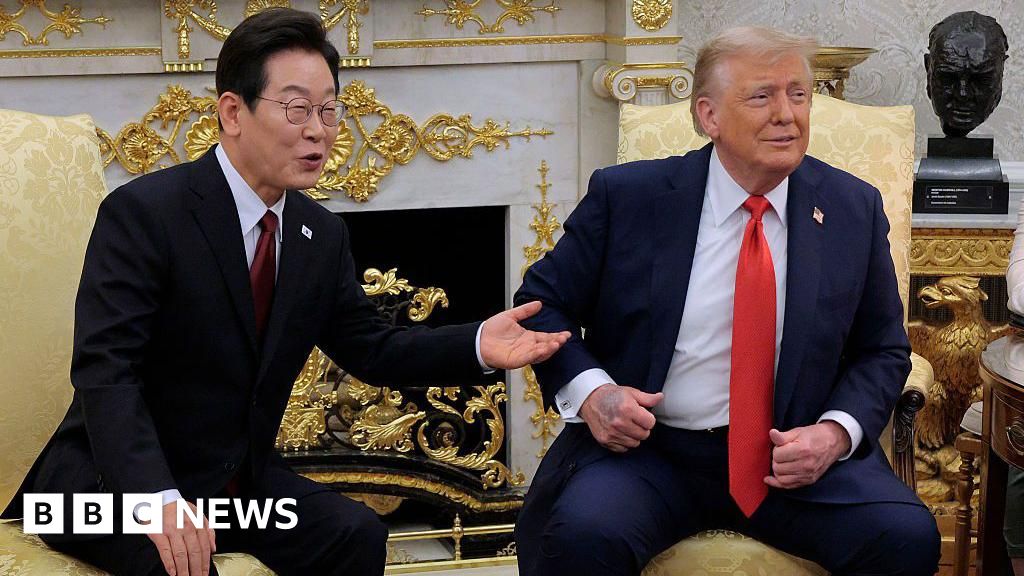Abdullah Ahmad Badawi, who served from 2003 to 2009, died on Monday at the National Heart Institute, confirmed by his son-in-law Khairy Jamaluddin. His health had been declining in recent years, with reports of dementia surfacing in 2022 and ongoing breathing issues leading to his hospitalization.
During his tenure, Abdullah implemented policies that encouraged political dialogue, eased media restrictions, and facilitated more open political conversations in Malaysia, a nation defined by its tapestry of ethnicities and beliefs. Scholar Bridget Welsh noted, “Abdullah’s strength was allowing dialogue and discussions of Malaysia’s problems.” However, his less assertive leadership style also attracted criticism, with some labeling him “the sleeping prime minister” due to his public sleep apnea episodes.
Abdullah’s government began with a significant electoral victory, but as expectations grew, so did challenges. His moderate approach aimed to bridge the divides between the country’s Muslim majority and its Chinese and Indian minorities, working towards a more harmonious coexistence in a nation navigating its complex political landscape. His legacy remains one of fostering dialogue amid diversity in Malaysia.
During his tenure, Abdullah implemented policies that encouraged political dialogue, eased media restrictions, and facilitated more open political conversations in Malaysia, a nation defined by its tapestry of ethnicities and beliefs. Scholar Bridget Welsh noted, “Abdullah’s strength was allowing dialogue and discussions of Malaysia’s problems.” However, his less assertive leadership style also attracted criticism, with some labeling him “the sleeping prime minister” due to his public sleep apnea episodes.
Abdullah’s government began with a significant electoral victory, but as expectations grew, so did challenges. His moderate approach aimed to bridge the divides between the country’s Muslim majority and its Chinese and Indian minorities, working towards a more harmonious coexistence in a nation navigating its complex political landscape. His legacy remains one of fostering dialogue amid diversity in Malaysia.





















